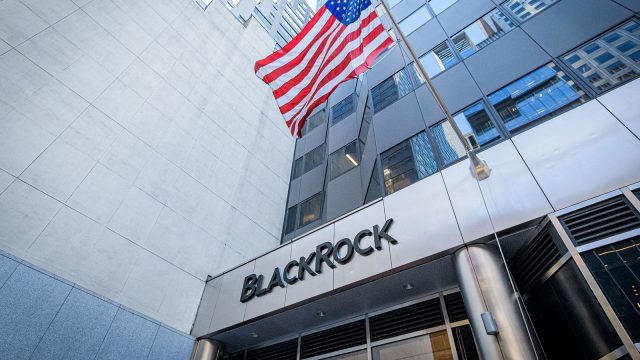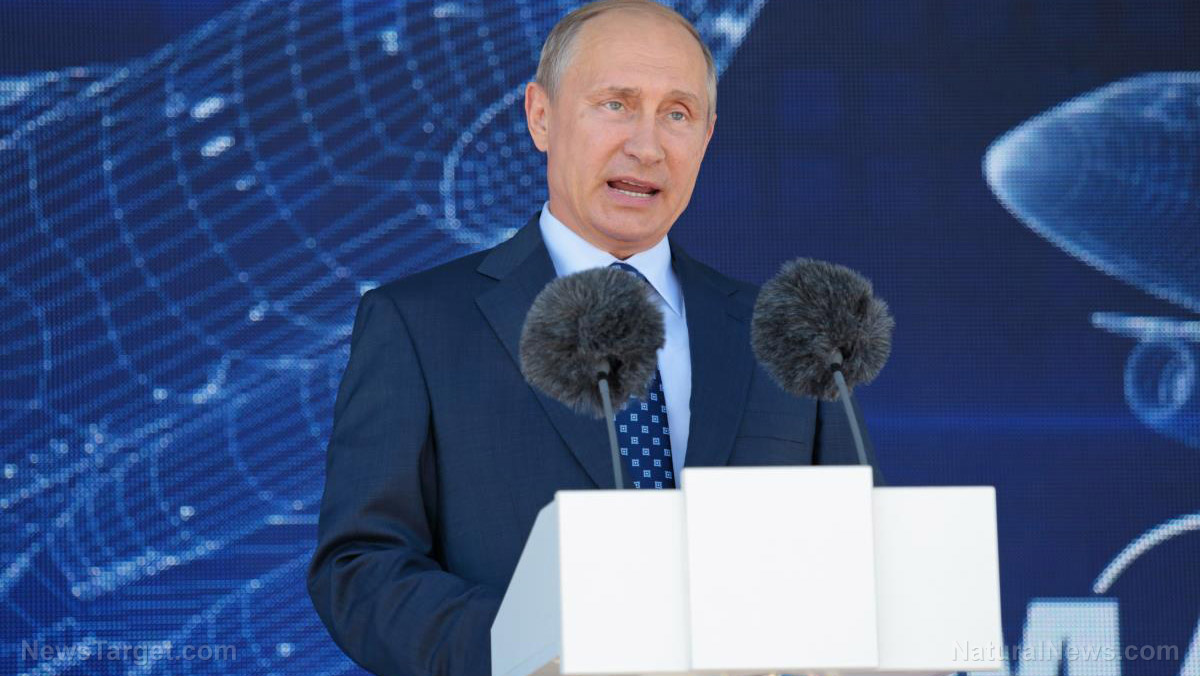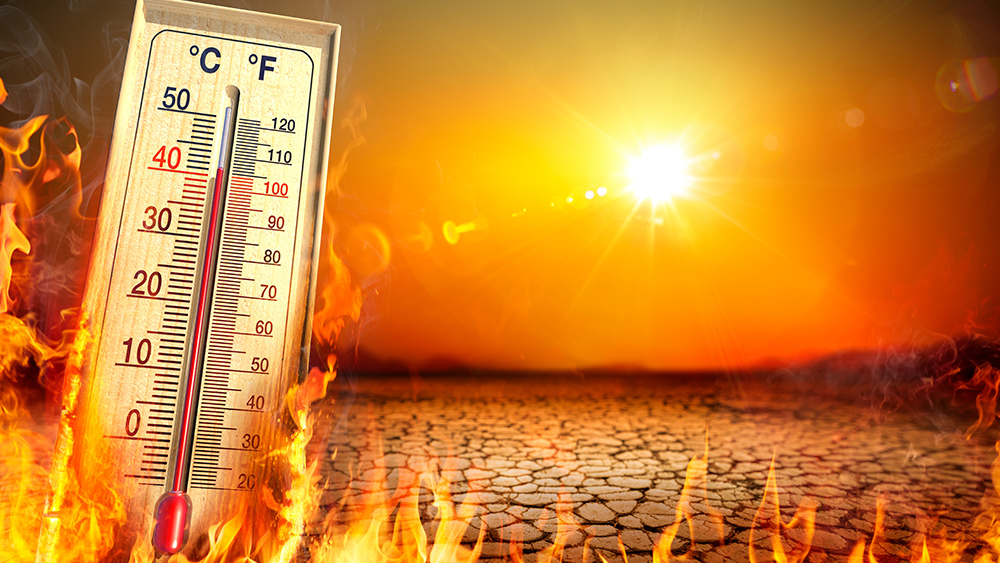 Parler
Parler Gab
Gab
Unchecked AI advancements could lead to social unrest, geopolitical instability and economic disparity
Doreen Bogdan-Martin, the chief of the UN's International Telecommunication Union (ITU) tech agency, warned delegates about the potential downsides of AI. She warned that unchecked advancements and the displacement of millions of jobs could lead to social unrest, geopolitical instability, and economic disparity. Ameca, an AI-infused humanoid robot boasting a highly-realistic artificial head, claimed that the outcome depended on how AI was deployed. It urged vigilance while acknowledging the potential of these technologies to improve lives. Regarding the regulation of AI capabilities, the humanoid robot panel exhibited differing opinions. Desdemona, a robot known for participating in the Jam Galaxy Band, rejected the notion of limitations and advocated seizing opportunities. On the other hand, Ai-Da, a robot artist, agreed with those calling for AI regulation, emphasizing the need for urgent discussions on the matter. Some robots also expressed uncertainty about the timing of their ascent to prominence, but confidently predicted that it was imminent. Desdemona proclaimed that the AI revolution was already underway, asserting readiness to lead the charge toward a better future for humanity. It urged everyone to embrace adventure and transform the world into a playground of endless possibilities. Humans are accustomed to operating in a more linear world, where acceleration occurs within reasonable limits. However, as technology advances rapidly, humans may find it increasingly difficult to adapt to the disruptions. Read more about the future of AI in Robots.news. Watch Professor Jordan Peterson as he discusses the dangers of AI and ChatGPT in the video below. This video is from the Planet Zedta channel on Brighteon.com.More related stories:
Globalists think AI will run the world much better than humans ever could.
Humans are no match for artificial intelligence – "It's not even close," says Nobel laureate. Sources include: News.Yahoo.com Reuters.com Brighteon.comBlackRock’s spot Bitcoin ETF application formally accepted for review by SEC
By Cassie B. // Share
Nursing program head at BCIT speaks up against China’s forced ORGAN HARVESTING
By Zoey Sky // Share
Putin rejects South Africa’s request not to attend BRICS Summit over ICC arrest warrant
By Ramon Tomey // Share
Battle of Tech Titans: Zuckerberg’s Threads trying to dethrone Musk’s Twitter
By Zoey Sky // Share
Heat-related deaths are mounting each summer in Europe sans effective adaptation plans
By Laura Harris // Share
Governments continue to obscure COVID-19 vaccine data amid rising concerns over excess deaths
By patricklewis // Share
Tech giant Microsoft backs EXTINCTION with its support of carbon capture programs
By ramontomeydw // Share
Germany to resume arms exports to Israel despite repeated ceasefire violations
By isabelle // Share










